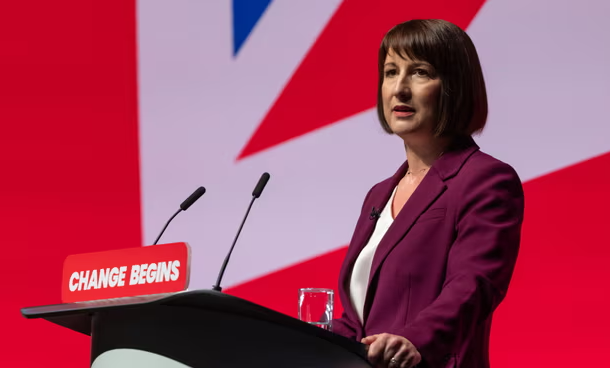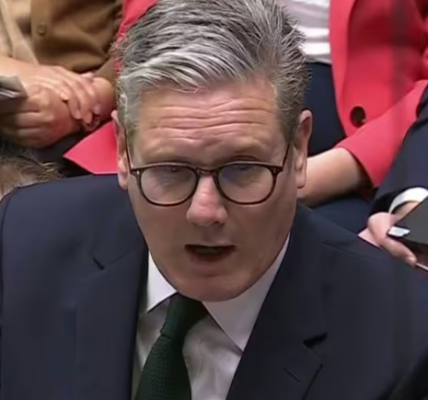Boosting growth and investment while averting austerity is a tough ask, but options are available for the chancellor, writes the research director of the Resolution Foundation
‘); hiddenDoc.close(); })();
Tax wealth and value public assets: how Reeves can solve her biggest budget challenges
Boosting growth and investment while averting austerity is a tough ask, but options are available for the chancellor, writes the research director of the Resolution Foundation
Labour MPs urge Reeves to spend tens of billions more on ailing public services
The chancellor has said she wants to avoid a “return to austerity”. She’s also said she’ll deliver a pro-investment, pro-growth budget. Those are laudable goals, but she must fix a dire set of public finances, a tough task not helped by the £22bn overspend uncovered this summer. This is the trilemma facing Rachel Reeves before the government’s pivotal first budget. Here’s how she might try to tackle it.
Challenge 1
Ending austerity
With local government slashed, prisons at capacity and a court case backlog, averting austerity is easier said than done. Plans inherited from Jeremy Hunt were for some public services to be cut even more over this parliament. There are plans to raise spending on schools, defence and the NHS, but other departments are suffering, including the Home Office. Avoiding further cuts will require £20bn of extra spending, and more if Reeves wants to undo the legacy of previous bouts of austerity.
Challenge 2
Funding public services
The chancellor has been clear she plans to balance day-to-day public spending with tax receipts, probably by the end of the parliament. So any extra money for public services will require tax rises, on top of the £24bn already announced by Hunt.
Given that Reeves has promised not to touch VAT, income tax and national insurance, which account for three-quarters of all tax revenues, her room for manoeuvre is limited.
But other tax options are available. Capital gains tax is ripe for reform, as rates are unjustifiably lower than on other forms of income. For example, the top rate of tax on employment income is 53%, but some capital gains face a top rate of only 20%.
Reeves should also make CGT harder to avoid by closing loopholes, including those allowing the wealthy to leave the country without paying tax. Overall, this package of changes could raise around £12bn. Some will complain that capital will just leave the country (hence the exit charge), but equalising the tax regime will generate revenue and leave a better system.
Inheritance tax is much hated, despite fewer than one in 20 estates paying it. That’s partly because the super wealthy are often able to avoid it altogether. Clamping down on loopholes would be fair, and could raise around £2bn.
Pension taxation is another area for reform, but the chancellor must be careful not to discourage people from saving. That is likely to rule out cutting pensions tax relief, but an alternative would be to apply NI to employers’ pension contributions. Doing so would raise £8bn even after combining this with a move to exclude workers’ contributions from NI to make their savings go further. Critics will argue that this will disincentivise employers from putting more into workers’ pension pots. But it remains the simplest and least damaging way to raise extra revenue from pensions.
after newsletter promotion
Challenge 3
Investing in Britain’s future
The chancellor wants to put growth at the heart of her budget. Expect lots of policy announcements, backed by increased public investment and infrastructure spending. But again, she has inherited plans from Hunt to scale back public investment. If she instead tried to maintain this at 2.4% of GDP, that would involve around £30bn a year of extra spending by the end of the parliament.
Providing the extra investment needed inour public services and infrastructure – from modernising the energy grid to building homes and better transport links – within the current fiscal rules would require major tax rises or spending cuts elsewhere. That is not realistic, so the chancellor has indicated she will tweak the existing rule of debt having to fall as a share of GDP by the end of the forecast period.
Better would be a new “public sector net worth” rule that recognises Britain’s public assets and liabilities. This, accompanied by scrutiny of infrastructure spending to ensure value for money and well-planned projects, would reassure markets that government spending is under control. It would also help deliver the investment Britain so badly needs.





